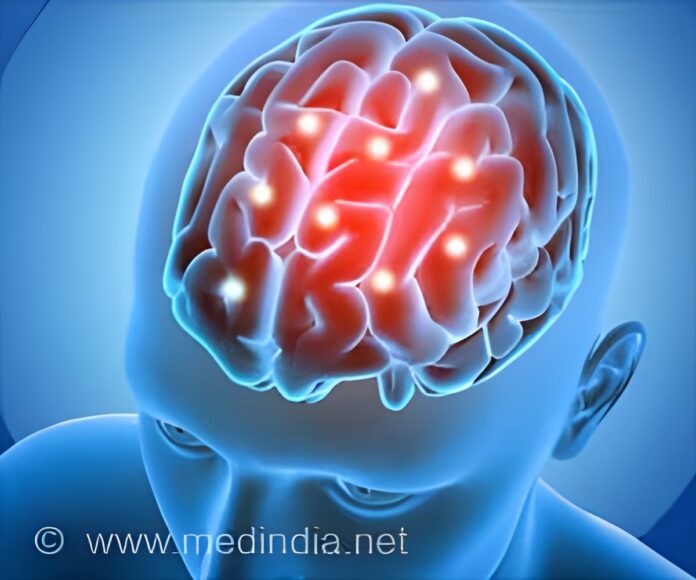Dopamine detox promises mental clarity, but does neuroscience agree? Let’s dive into the science versus the sensation.
Ever felt like your brain is running on autopilot, jumping from one notification to the next, endlessly scrolling, swiping, and streaming?
A current fashionable approach named
A Literature Review on Holistic Well-Being and Dopamine Fasting: An Integrated Approach
Go to source
).
Dopamine’s Role!
Dopamine receives an extensive public focus that might be excessive. Often called the “pleasure chemical,” it’s actually more like a motivational messenger. Through its actions, dopamine maintains our willingness to pursue various goals, whether it’s finishing assignments, eating chocolate, or repeatedly viewing Instagram! Every activity that involves happiness has a dopamine connection.
Now the issue is not dopamine release. What matters most is the ideology of reducing the system’s release of dopamine. You cannot just like that cut down dopamine from your system like avoiding junk food! Dopamine works naturally as part of the brain’s operation. According to a study, dopamine supply is not constantly elevated during moments of enjoyment. This finding gives us an understanding that dopamine has far more important jobs, which includes,
- Reward and Motivation
- Learning and Memory
- Movement and Coordination
- Mood Regulation
- Motivation and Pleasure
The Detox Trend: Where Did It Come From?
Silicon Valley became a hotspot for this trend a few years ago. People started to limit themselves from all pleasurable activities, including phones, music, and food, for a prolonged period. The goal was to break free from
But claiming this as a “dopamine detox” fails to accurately capture its true nature! Your brain does not eliminate dopamine completely; it just uses the opportunity to relax!
Taking time away from common routines will make you more focused and present while
Reference:
- A Literature Review on Holistic Well-Being and Dopamine Fasting: An Integrated Approach – (https://pmc.ncbi.nlm.nih.gov/articles/PMC11223451/
https://www.the-scientist.com/debunking-the-dopamine-detox-trend-72036)


